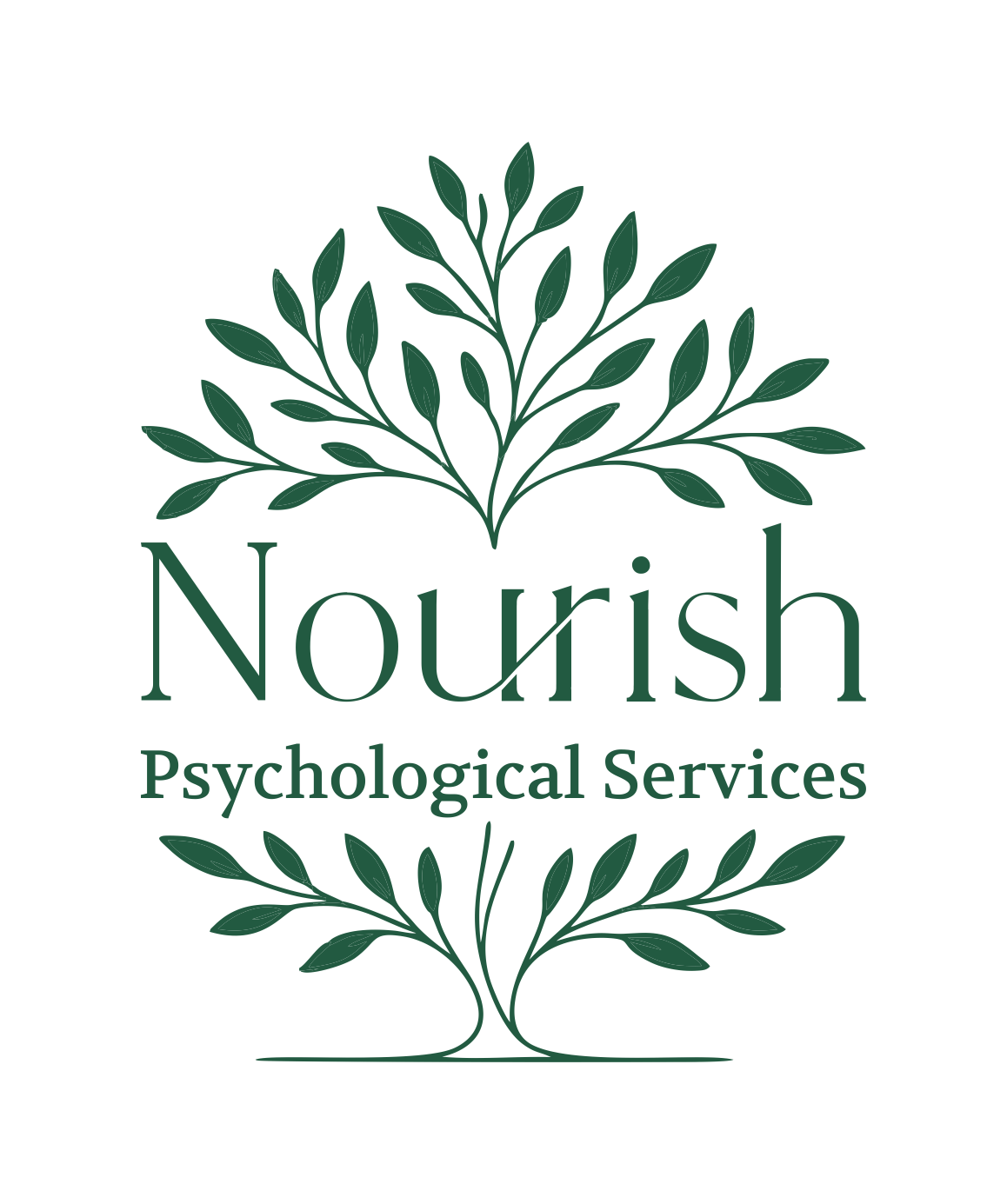Perimenopause and Mental Health: Bringing the Change to Light
Every person born with a uterus and ovaries knows that at some point, they will experience perimenopause and menopause. Yet for many of us, this transition is still shrouded in mystery. Our mothers and grandmothers often didn’t talk about it, or if they did, it was in hushed tones or passing comments. Looking back, we might recognize signs that were never named: the mood changes, sleepless nights, or a sudden hot flush that brightened their cheeks and caused a sweat, but was never spoken of.
This silence around menopause can make it feel like an invisible transformation, a quiet but undeniable shift that marks the passage from youth into something new and unfamiliar. It’s a time that can bring confusion, overwhelm, and even isolation. While we might logically understand that aging is a natural and privileged part of life, emotionally it can create deep discomfort. The body we’ve always known starts to change in ways we don’t fully understand. The lack of open conversation can leave us wondering if what we’re feeling is normal.
The Physical and Mental Health Impact of Perimenopause
Perimenopause often brings noticeable physiological changes. Many people experience brain fog, forgetfulness, irritability, reduced concentration, new aches and pains, hot flushes, or disrupted sleep patterns. These symptoms can be disorienting. Fluctuating hormones also take a toll on emotional and mental well-being.
For some, this stage of life can trigger a crisis of identity. Our sense of self, often closely tied to our bodies and the roles we hold, starts to feel uncertain. Beliefs about weight and food might resurface, especially as metabolism and body composition shift. Cultural messages that surround us everywhere about what a woman’s body “should” look like can amplify feelings of shame or frustration about a body that no longer aligns with those ideals.
When Mental Health Suffers During Perimenopause
It’s important to recognize that the mental and emotional challenges of perimenopause are real. How you feel makes sense. Hormonal fluctuations can directly affect mood and emotional regulation, leading to higher rates of anxiety and depression. Feelings of hopelessness can arise, especially when symptoms are missed, dismissed, or misdiagnosed. Many women report that they knew something was “off” but were told it was simply stress, exhaustion, depression, or just getting older. When your lived experience isn’t validated, it’s easy to feel alone in it.
Balancing It All
Symptoms of perimenopause often start during one of the busiest and most demanding seasons of life. Many are managing careers, parenting, or supporting aging parents, all while navigating significant changes in their own bodies and minds. It’s no wonder that burnout, overwhelm, and emotional exhaustion can become part of the picture.
Yet amid the chaos, this transition can also be a powerful invitation to pause, reassess, and care for ourselves in new ways. It’s time to listen to what our bodies are and emotions are trying to tell us, rather than pushing through in silence.
The Power of Being Heard
Feeling heard, validated, and supported can make an enormous difference. Talking openly about perimenopause, whether with friends, family, medical and mental health care providers, or in community spaces, helps to break the silence and reduce shame. If you are experiencing perimenopause related anxiety or depression, you’re not alone.
Perimenopause is not the end of vitality or joy, but the beginning of a new chapter. With the right understanding, care, and support, it’s possible to reconnect with yourself and rediscover what it feels like to truly feel like you again.
Leaine Deschamps is a Canadian Certified Counsellor (CCC) at Nourish Psychological Services located between Okotoks and Calgary, Alberta. Her focus centers around women’s mental health during perimenopause and menopause, and the mental health symptoms associated with anxiety, past trauma, and body-image that can develop during this stage of life.
